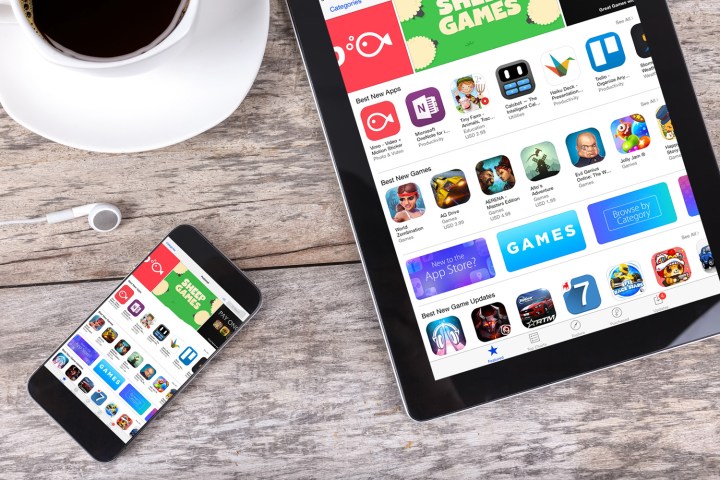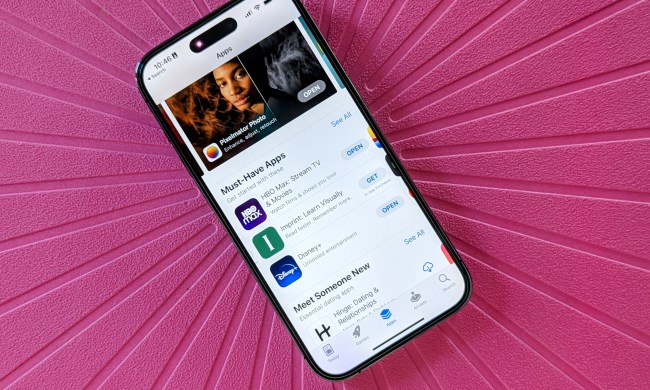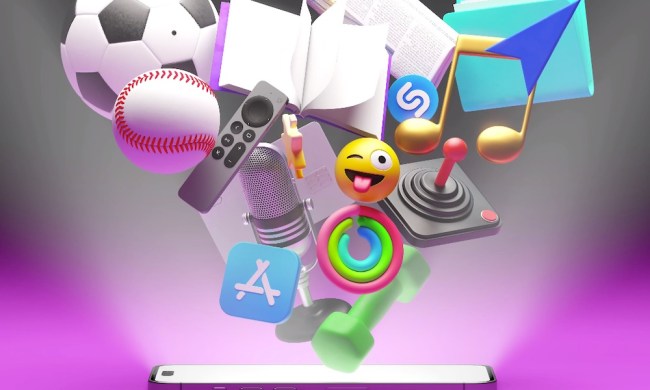
There are around 1.8 million developers on the platform in China, and the nation serves as Apple’s third-largest market in terms of sales. That said, Apple is fighting to maintain its ground in the highly competitive tech landscape in the Asian nation, especially as high-end mobile devices from domestic companies prove increasingly comparable (and perhaps more affordable). That said, with the recent release of the iPhone 8 and the iPhone X, Apple may just find its way back to the front of the pack.
While local developers may be faring quite well on Apple’s platform, many foreign and American developers cannot say the same. Apple has come under fire for acquiescing to Chinese government officials’ demands to remove “hundreds of apps,” as Reuters noted. These apps include everything from messaging services to virtual private network (VPN) services, which can be used to get around China’s stringent internet controls.
Most recently, video conferencing and calling service Skype disappeared from the the App Store, as well as from local third-party app stores.
“We have been notified by the Ministry of Public Security that a number of voice over internet protocol apps do not comply with local law. Therefore these apps have been removed from the app store in China,” an Apple spokeswoman told the Times in an emailed statement regarding questions about Skype’s recent vanishing act. “These apps remain available in all other markets where they do business.”
Regardless of whether or not apps are made available in China, it’s clear that Apple is doing what it can to court the country. As Reuters notes, Cook has made several visits to the nation, and as even met with President Xi Jinping. What that means for Apple’s future in China has yet to be determined.


